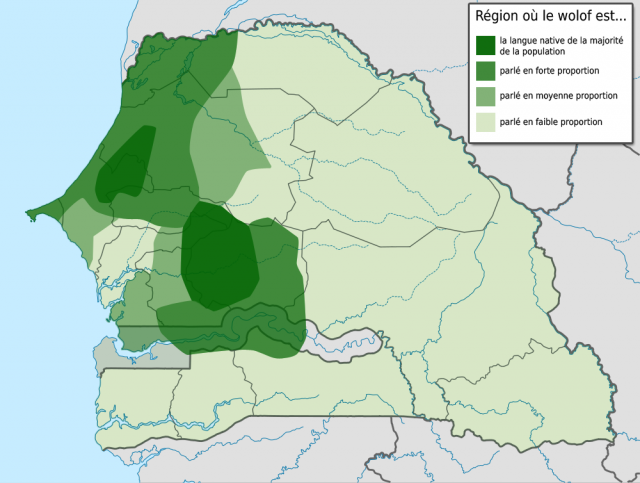Wolof
The Wolof, a western African people, live in the nations of SENEGAL and GAMBIA, mainly in villages between the Senegal and Gambia Rivers. The Wolof number about 4 million. Their language, also called Wolof, is widely spoken in Senegal.
According to tradition, individual Wolof villages combined to create an empire with its center in northwest Senegal sometime in the 1200s. After the Portuguese arrived on the African coast in the mid-1400s, the Wolof formed a trading partnership with them. The Wolof empire developed into a powerful slave-trading state that conquered neighboring kingdoms. Its trading network broke down in the mid 1500s, however, when it lost control of a state that provided access to trading centers along the Atlantic coast. By the mid-1800s the Wolof had converted to Islam, although some traditional practices and beliefs, including witchcraft and magic, remain.

Wolof society is divided into clearly defined classes: royalty, nobility, warriors, several kinds of commoners, craftspeople, and descendants of slaves. Individuals inherit class membership from their parents, and people tend to marry within their own class or choose a person of equal status. The great majority of Wolof are rural farmers, but some also live in cities and towns where they work as merchants, artisans, and civil servants. (See also Colonialism in Africa, Ethnic Groups and Identity, Slave Trade.)